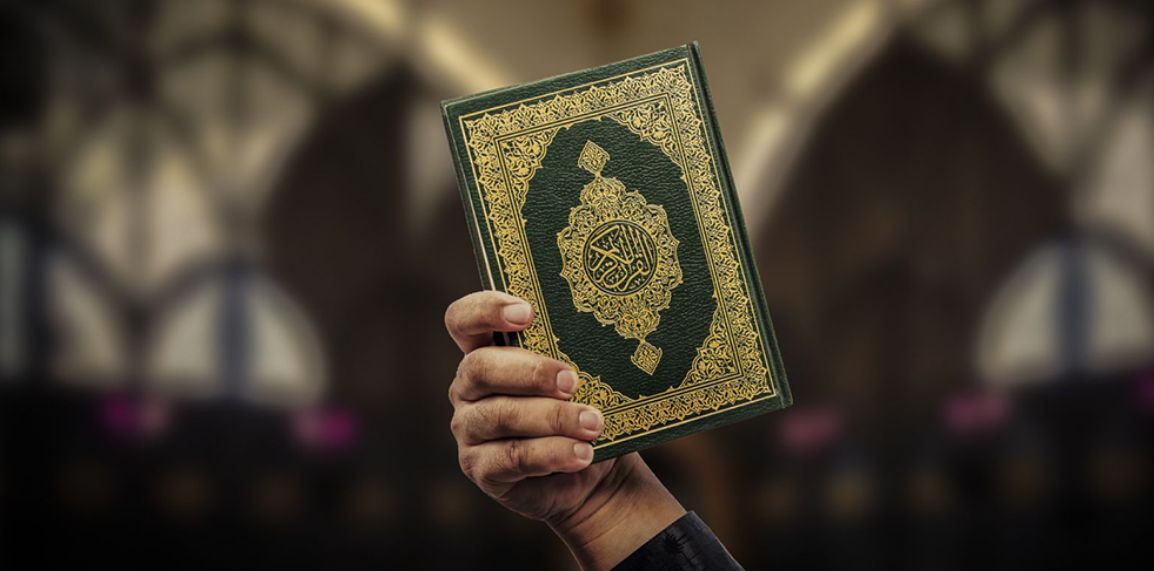Introduction
The Quran is not just a book—it is the divine word of Allah (SWT), a timeless miracle, and the ultimate guide for humanity. Every Muslim is encouraged to build a personal connection with the Quran by reading, reflecting, and living its message. Yet for many, this connection feels distant, often due to a lack of understanding of its structure or how to incorporate it into daily life.
This article offers a complete guide to understanding how the Quran is structured, how it has been preserved over time, and how you can build a consistent reading habit—even if you’ve never read it cover to cover.
The Structure of the Quran
To read and understand the Quran effectively, it’s helpful to understand how it’s organized.
📖 Surahs and Ayahs
The Quran consists of:
- 114 Surahs (chapters), varying in length.
- Over 6,000 Ayahs (verses), which contain rulings, stories, supplications, and divine wisdom.
Surahs are not ordered chronologically but are arranged by divine instruction—starting with Surah Al-Fatiha and ending with Surah An-Naas.
📄 How Many Pages is the Quran?
If you’re wondering how many pages is the Quran has, most printed copies follow the Madani Mushaf format, which contains 604 pages. Knowing this helps Muslims set realistic daily reading goals—such as completing the Quran in a month by reading 20 pages a day. Understanding the Quran’s standard size also makes it easier to plan and stay consistent in reading.
This structure is especially helpful during Ramadan when many aim to complete the Quran once or even multiple times.
Why the Quran’s Layout Matters
Knowing the layout of the Quran helps with:
- Time Management: You can plan how much to read each day.
- Tracking Progress: Divide your goals by Juz’ (30 parts), Hizb (60 parts), or pages.
- Building Consistency: Short, regular reading builds lasting habits.
Example:
- 604 pages ÷ 30 days = 20 pages/day (for one khatam)
- 1 Juz’ = 20 pages
- 1 Hizb, = 10 pages
The Divine Preservation of the Quran
One of the most powerful miracles of the Quran is its preservation. Allah promises in Surah Al-Hijr:
“Indeed, it is We who sent down the Qur’an and indeed, We will be its guardian.” (Qur’an 15:9)
From the time of the Prophet Muhammad ﷺ until today, the Quran has remained unchanged:
- Memorized by millions of Huffaz worldwide.
- Passed through unbroken oral chains (ijazah).
- Carefully written and reviewed by scholars over generations.
No other religious text in the world has this level of memorization and manuscript accuracy across centuries and continents.
Building a Daily Quran Reading Habit
You don’t need to be a scholar or Arabic expert to connect with the Quran. What matters is consistency and sincerity.
🕰️ 1. Set a Time
Pick a consistent time each day—after Fajr, before bed, during a lunch break. Attach it to an existing routine.
📖 2. Start Small
Even 1 page a day is a start. Focus on quality, not quantity. Read slowly, reflect, and if possible, follow with translation.
📲 3. Use a Quran App
Digital Mushafs are convenient for busy days. Use apps with:
- Translation and tafsir
- Audio recitation
- Progress tracking
🧕 4. Read With Family
Make it a group habit—read with your kids, spouse, or siblings. This creates consistency and builds mutual motivation.
📅 5. Track Your Progress
Use a Quran journal or printable tracker to mark each Surah or page read. Seeing progress motivates consistency.
Understanding the Quran Beyond Pages
It’s not just about finishing—it’s about transforming.
“Do they not then reflect on the Quran, or are there locks upon their hearts?”(Qur’an 47:24)
To truly connect with the Quran:
- Read tafsir (exegesis) to understand the deeper meanings.
- Reflect on how verses apply to your life.
- Use it as a guide for decision-making and self-correction.
What If You Don’t Understand Arabic?
Don’t worry. While learning Arabic is beneficial, the message of the Quran is meant to reach every heart. Read authentic translations (e.g., Sahih International, Dr. Mustafa Khattab’s The Clear Quran), and follow up with short tafsir sessions.
You can also:
- Watch video tafsir on YouTube.
- Join online Quran classes for beginners.
- Follow social media pages that post one ayah a day with explanation.
Making Quran a Lifelong Companion
Here are a few personal strategies to ensure Quran becomes a part of your identity:
- Attach emotions to verses: Highlight ayahs that give you peace, strength, or guidance.
- Turn to the Quran in trials: Let it comfort you during hardships.
- Use it to purify character: Let its teachings reflect in how you speak, treat others, and handle conflict.
For Sisters: Creating a Quran-Friendly Routine
Sisters often juggle family, work, and spiritual duties. Here are tips to stay connected with the Quran daily:
- Listen to audio recitation while cooking or commuting.
- Set Quran time as a “non-negotiable” appointment in your planner.
- Read extra during non-menstruation days to compensate spiritually.
Conclusion
The Quran is a book of life, not just a book for Ramadan. Understanding its structure—including how many pages in the Quran empowers you to build a consistent, meaningful relationship with it.
Start small. Read daily. Reflect deeply. And let the Quran transform not just your schedule but your soul.









